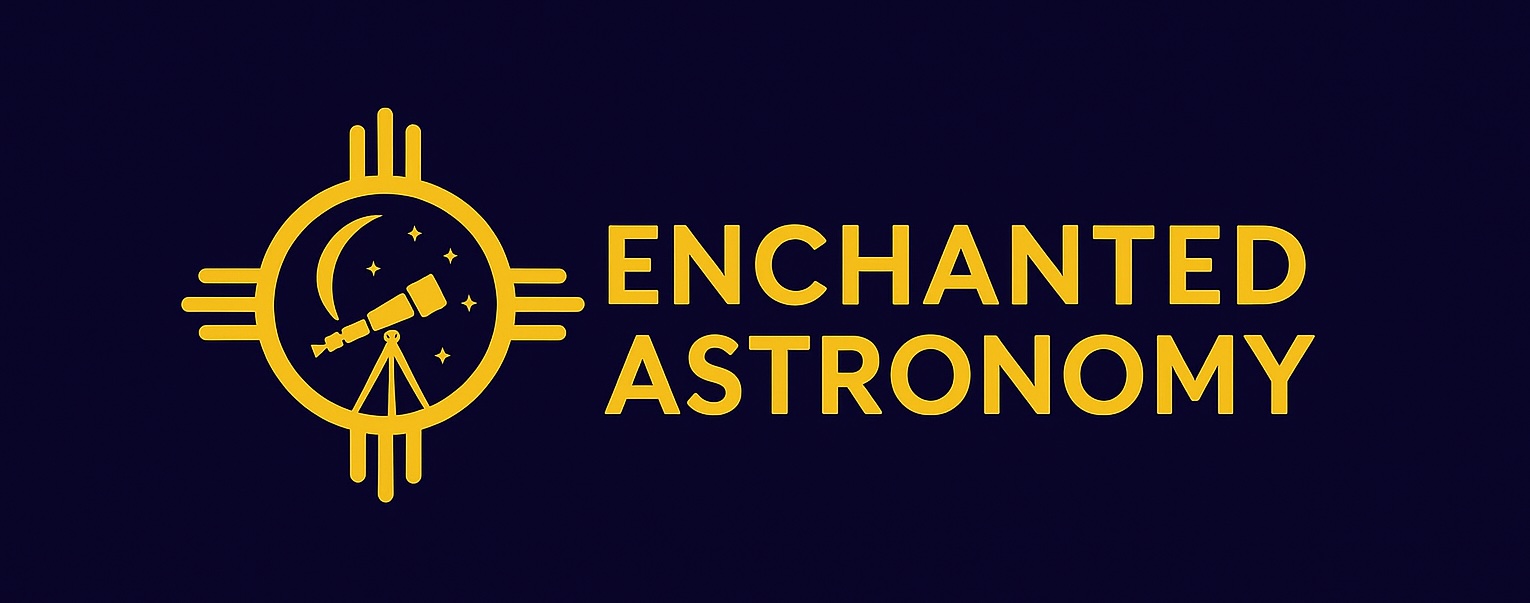Citizen Science
Help unlock the universe by contributing to real scientific discovery—from your backyard or your laptop
Citizen Science, also known as crowd-sourced science, invites everyday people to actively participate in scientific research. Whether you’re analyzing telescope images, logging meteor sightings, or tracking light pollution, your efforts contribute meaningful data to projects that scientists alone couldn’t complete. What once required entire research teams can now be powered by curious individuals from around the world. This fast-growing movement offers an exciting way to deepen your understanding of astronomy while playing a direct role in advancing it. There are more opportunities than ever to get involved—and make a difference.
🌟 Featured Citizen Science Projects
Zooniverse is the largest and most diverse citizen science platform out there. It hosts dozens of astronomy-related projects—from classifying galaxies and exoplanet hunting to mapping the surface of Mars—all of which rely on help from everyday people. It’s a great place to explore and find something that clicks.
SETI@Home taps into your computer’s idle time to analyze radio signals from space, all in search of intelligent life. It’s a simple, hands-off way to support a mission that’s been inspiring imaginations for decades.
This international program helps monitor light pollution by collecting simple visual brightness estimates from volunteers around the world. All it takes is your eyes and a smartphone to help scientists track changes in our skies.
Help astronomers classify galaxies using telescope images. This was one of the original Zooniverse projects and continues to make real contributions to our understanding of the universe.
Report real-time aurora sightings and help improve space weather predictions. Your observations, combined with community reports and satellite data, help paint a better picture of when and where auroras will occur.
Explore light curve data from NASA missions and help discover new planets orbiting distant stars. This project has led to real scientific publications—with contributions from volunteers just like you.
International Meteor Organization
Contribute to global meteor science by logging fireball and meteor shower observations. Even casual skywatchers can help track shower intensity, timing, and trajectory through IMO’s mobile tools and report forms.
🧭 Tips for Getting Started
• Start with one project that sparks your interest. The best way to stay involved is to enjoy what you’re doing. Whether it’s pattern recognition, sky observations, or data collection—pick something that feels fun.
• You don’t need expensive gear. Most projects only require a phone or a web browser. Some even use the sensors built into your smartphone.
• Explore platforms like Zooniverse to find new opportunities. They constantly rotate in new studies looking for public help, and many are astronomy-focused.
• Don’t worry about doing it perfectly. The science is built around large datasets, so individual contributions are aggregated and double-checked. You’re helping move the needle.
• Get involved with others. Many projects have great community forums, Discord channels, or Reddit groups. Asking questions and sharing results adds to the fun and helps you learn more.
• Make a small commitment. Even spending 5–10 minutes a few times a week can make a difference. The key is showing up—and the more you do, the more rewarding it becomes.
© 2025 Enchanted Astronomy. All rights reserved.
